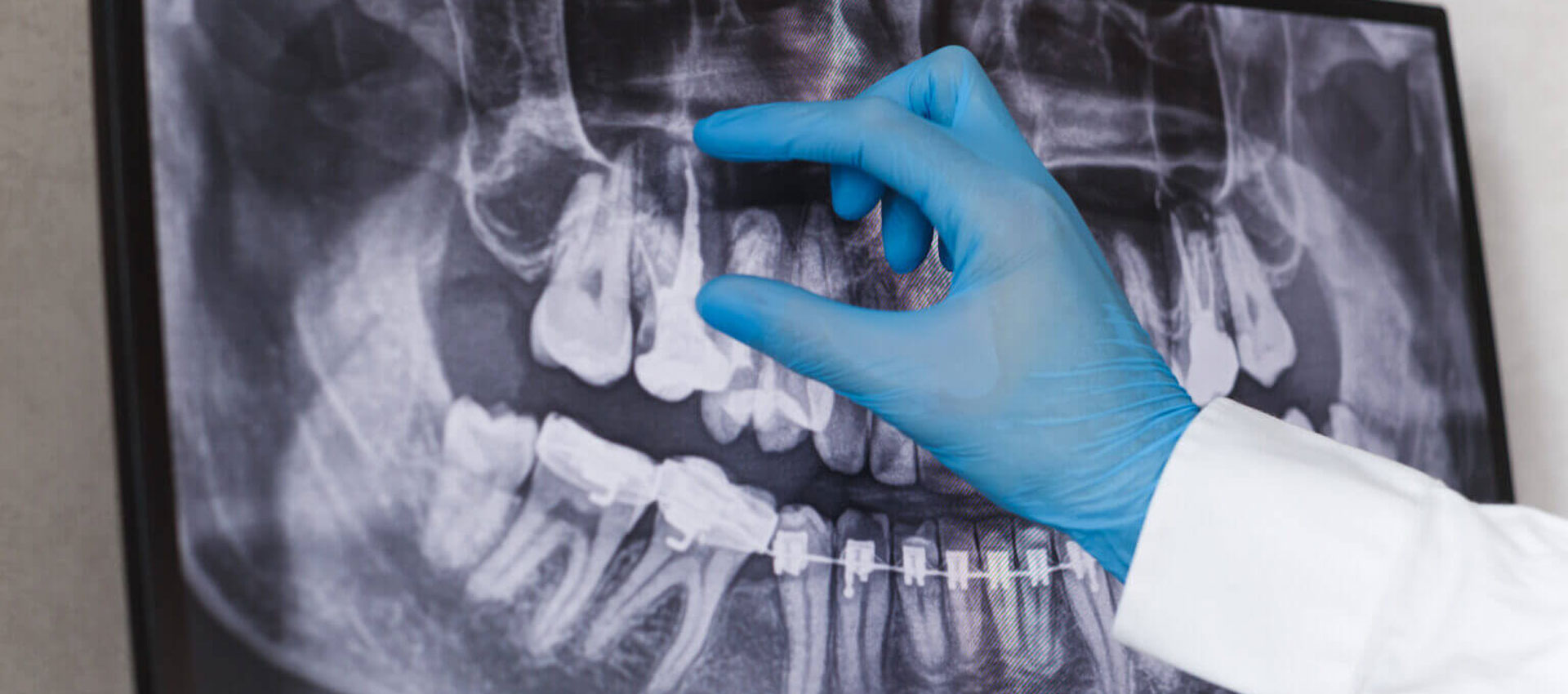Our Treatments

Protect your natural teeth with root canal treatment.
Operation Time
Anesthesia
Healing Period
Return to Work
Root Canal Treatment, also known as endodontic treatment, is a dental procedure performed to save a damaged or infected tooth. This procedure involves removing infected or damaged tissue and nerves inside the tooth, cleaning and disinfecting the area, and then filling and sealing the tooth. Once the area is completely cleaned, it is filled and sealed to prevent further dental infection.
Why is Root Canal Treatment Necessary? Root canal treatment is usually necessary in cases where the soft tissue called pulp inside the tooth is infected or inflamed. This condition can be caused by a variety of factors, such as deep cavities, cracked or broken teeth, or repeated dental treatments on the same tooth.
An infected tooth left untreated can lead to severe pain, swelling, and even loss of the tooth. Root canal treatment can save the tooth and prevent the need for extraction.
What Happens During the Procedure? Root canal treatment usually requires multiple appointments with your dentist or endodontist. At the first appointment, the tooth is numbed with local anesthesia to ensure that the procedure is painless. The dentist then creates an opening in the top of the tooth to provide access to the infected or damaged pulp.
The dentist then uses small instruments to remove the pulp and clean and disinfect the inside of the tooth. Once the tooth is completely cleaned, he fills and seals it with a rubber-like material called gutta-percha. In some cases, a temporary filling may be used to preserve the tooth until the next appointment.
At the second appointment, the dentist will remove the temporary filling and place a permanent filling or crown over the tooth to protect the tooth and restore its function.
Is Root Canal Treatment Painful? Although root canal treatment is often considered a painful procedure, with modern techniques and local anesthesia, most patients experience little or no pain during the procedure. Some discomfort and tenderness may be felt after the procedure, but these can usually be managed with over-the-counter pain medications.
How Long Does Root Canal Treatment Take? Root canal treatment often requires multiple appointments and can take several weeks to complete. The exact length of treatment varies depending on the severity of the infection and the complexity of the procedure.
After root canal treatment is completed, it is important to maintain good oral hygiene habits to prevent further infection and decay. This includes brushing your teeth twice a day, flossing regularly, and visiting your dentist for regular checkups and cleanings.
In conclusion, root canal treatment is a common dental procedure that can save a damaged or infected tooth and may prevent the need for extraction. If you are experiencing tooth pain or sensitivity, it is important to visit your dentist as soon as possible to determine whether root canal treatment is necessary.
Make an Appointment for Root Canal Treatment
Here's what you're curious about.
Dental implants are artificial tooth roots that are surgically placed into the jawbone. They serve as a solid foundation for replacement teeth or bridges.
Anyone with healthy gums and adequate jaw bone density is a good candidate for a dental implant. Since smoking can negatively affect the success of dental implants, patients should be in good general health and should not smoke.
With proper care and maintenance, dental implants can last a lifetime.
The dental implant procedure typically involves multiple steps. First, the implant is surgically placed into the jawbone. A healing period of several months is then required to allow the implant to fuse with the bone. Finally, a dental crown or bridge is attached to the implant.
The dental implant procedure is typically performed under local anesthesia, so patients should not feel any pain during the procedure. Some discomfort and swelling may occur after surgery, but this can usually be relieved with over-the-counter pain medications.
The cost of dental implants can vary depending on a number of factors, including the number of implants needed, the complexity of the procedure, and the location of the dental office.
Dental implants have numerous benefits, including improving oral health, improving speaking and eating abilities, and a natural-looking appearance. They can also help prevent bone loss in the jaw and protect surrounding teeth.
Note: The information provided here is for general informational purposes only and should not be considered medical advice. It is important to consult a qualified healthcare professional for personalized guidance regarding Root Canal Treatment and your specific situation.





